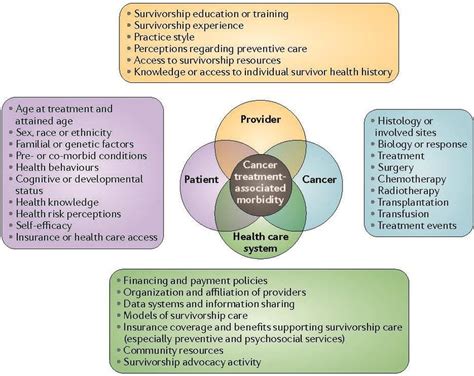How do lifestyle choices significantly impact an individual’s long-term health outcomes?

In an era of advanced medicine, it’s easy to overlook the foundational role our daily choices play in shaping our long-term health. Yet, the accumulated effect of lifestyle decisions — from what we eat to how much we move, sleep, and manage stress — profoundly dictates our susceptibility to chronic diseases, mental well-being, and overall longevity.
The Pillars of Health: Diet and Nutrition
What we consume is perhaps the most direct and fundamental impact on our internal systems. A diet rich in whole foods, lean proteins, fruits, vegetables, and healthy fats provides the essential nutrients our bodies need to function optimally. Conversely, diets high in processed foods, sugar, unhealthy fats, and excessive sodium contribute to inflammation, oxidative stress, and metabolic dysfunction.
Over time, poor nutritional choices significantly increase the risk of obesity, type 2 diabetes, cardiovascular disease, certain cancers, and even cognitive decline. The consistent choice of nourishing foods is a powerful preventive measure, supporting cellular health and metabolic balance.

The Power of Physical Activity
Regular physical activity is another cornerstone of long-term health. Exercise isn’t just about weight management; it strengthens the heart and lungs, improves circulation, builds muscle and bone density, enhances mood, and boosts immune function. It helps regulate blood sugar, reduces harmful cholesterol, and lowers blood pressure.
A sedentary lifestyle, characterized by prolonged sitting and lack of movement, is independently linked to higher risks of heart disease, stroke, diabetes, and certain cancers, even for individuals who are not overweight. Incorporating regular moderate-intensity exercise, coupled with strength training, creates a robust defense against age-related decline and chronic illness.

The Vital Role of Sleep and Stress Management
Often underestimated, adequate sleep is crucial for restorative processes in the body. During sleep, our bodies repair cells, consolidate memories, and regulate hormones essential for appetite, metabolism, and mood. Chronic sleep deprivation weakens the immune system, impairs cognitive function, increases inflammation, and elevates the risk of obesity, diabetes, and heart disease.
Similarly, chronic stress has profound physical effects. Sustained high levels of stress hormones like cortisol can lead to high blood pressure, weakened immunity, digestive issues, and increased risk of anxiety and depression. Developing effective stress management techniques, such as mindfulness, meditation, or hobbies, is vital for mitigating these long-term health risks.

Avoiding Harmful Substances and Fostering Connections
Choices regarding substances like tobacco and excessive alcohol consumption have unequivocal long-term health consequences. Smoking is a leading cause of preventable death, directly contributing to various cancers, heart disease, stroke, and respiratory illnesses. Excessive alcohol intake can damage the liver, heart, brain, and increase the risk of several cancers.
Beyond these, social connections also play a significant, though often overlooked, role. Strong social ties and a sense of community are linked to lower rates of depression and anxiety, improved immune function, and increased longevity. Isolation and loneliness, conversely, can negatively impact both mental and physical health, underscoring the importance of nurturing relationships.

Conclusion: Empowering Health Through Choice
The cumulative effect of daily lifestyle choices paints a vivid picture of our future health. While genetics and environmental factors play a role, our personal agency over diet, exercise, sleep, stress, and substance use remains immensely powerful. Adopting a proactive approach to wellness, fostering healthy habits, and making conscious decisions to nurture our bodies and minds can significantly reduce the likelihood of chronic disease, enhance quality of life, and extend healthy longevity. It’s a testament to the idea that true health is not merely the absence of disease, but a vibrant state cultivated through consistent, positive choices.










